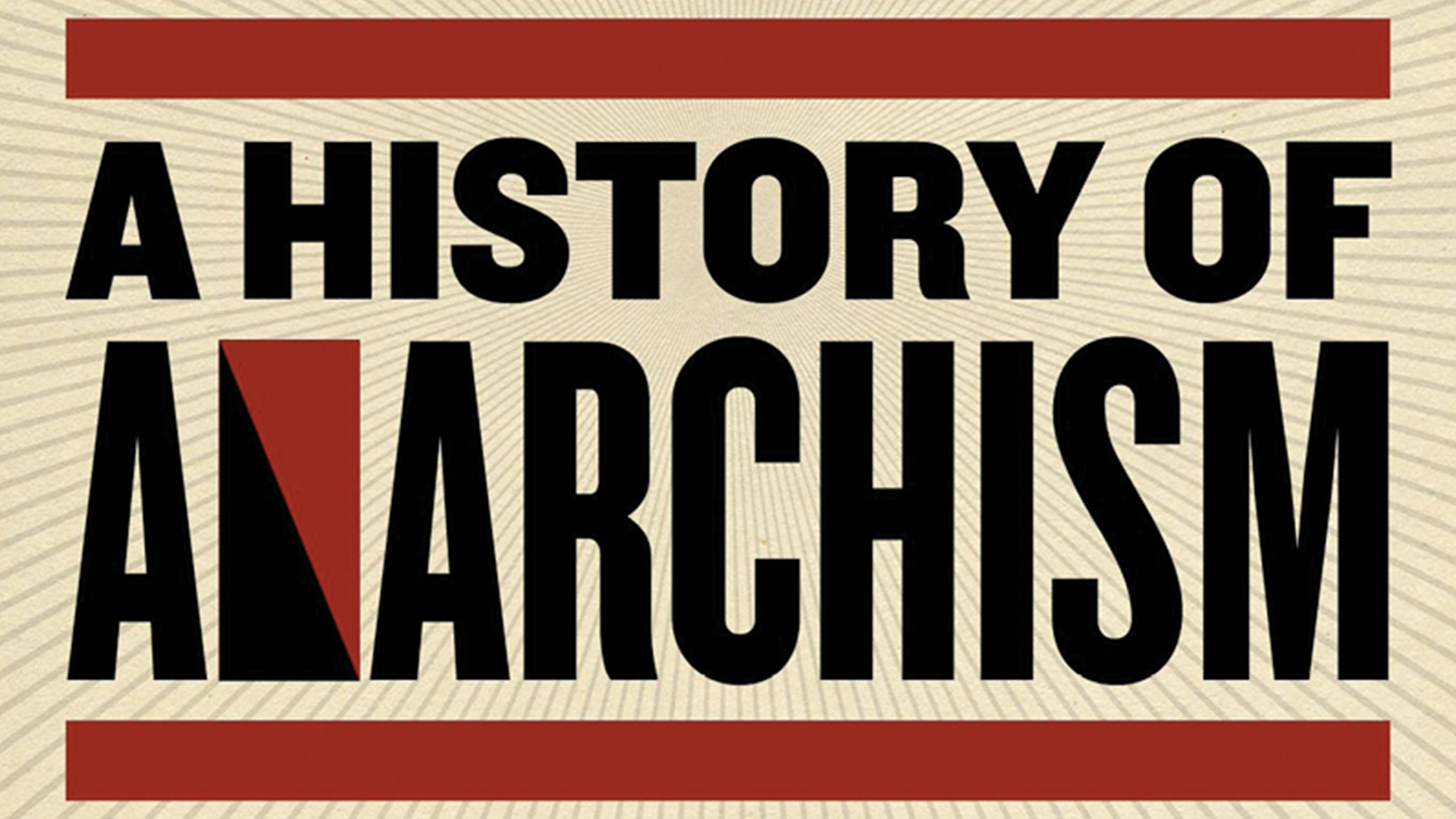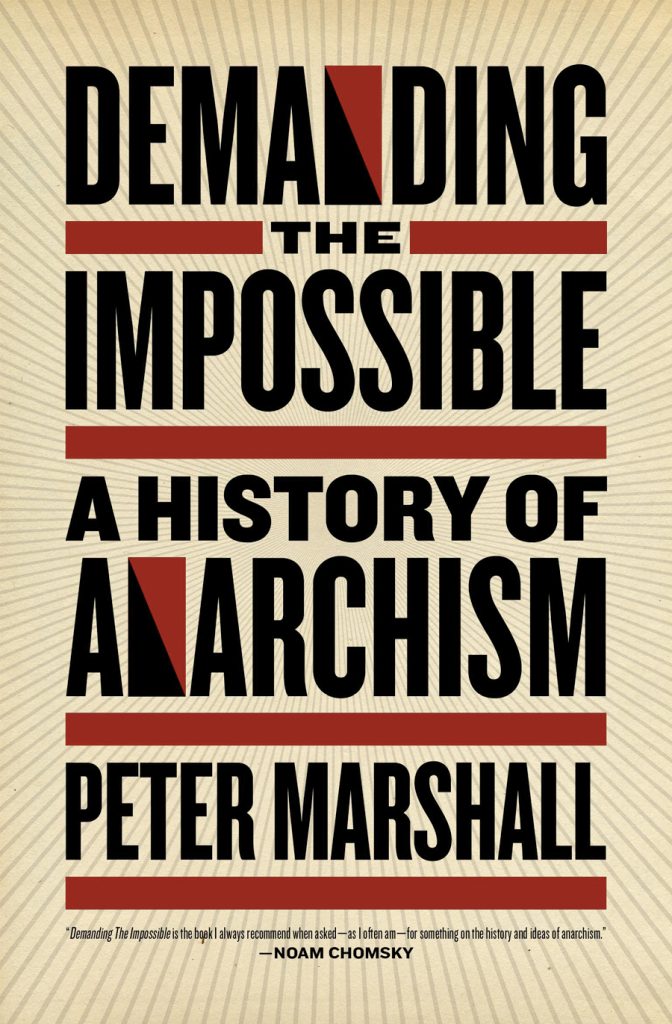Publishers Weekly
April 2010
The goal of an egalitarian, communal society has always united Marxists and leftist socialists, some of the latter (often if not always described as anarchists) refusing any truck with centralized power. At various times, such ideas have found relatively wide appeal, and this era is one–expressed for instance in the anti-globalization movement’s emphases on local control and direct democracy–making Marshall’s comprehensive treatment a timely read. Newly revised and updated, this indispensable history of social libertarian thought now reaches into the 21st century–touching upon themes echoed in other recent titles, including Raj Patel’s The Value of Nothing. Marshall casts a wide net, gathering all traces of anti-authoritarian socialist thought in works from Lao Tzu through Noam Chomsky, social ecology, and the Zapatistas. Readers will be repeatedly rewarded by Marshall’s judiciousness and close readings of both the great names in anarchist history–Proudhon, Kropotkin, and Tolstoy–and less expected contributors–Rousseau, Swift, and Burke. Blowing away cobwebs of misunderstanding and misrepresentation, this is a stimulating portrait of a highly varied but distinctive political ideal, tradition, and practice arising from the enduring human impulse to be free.







